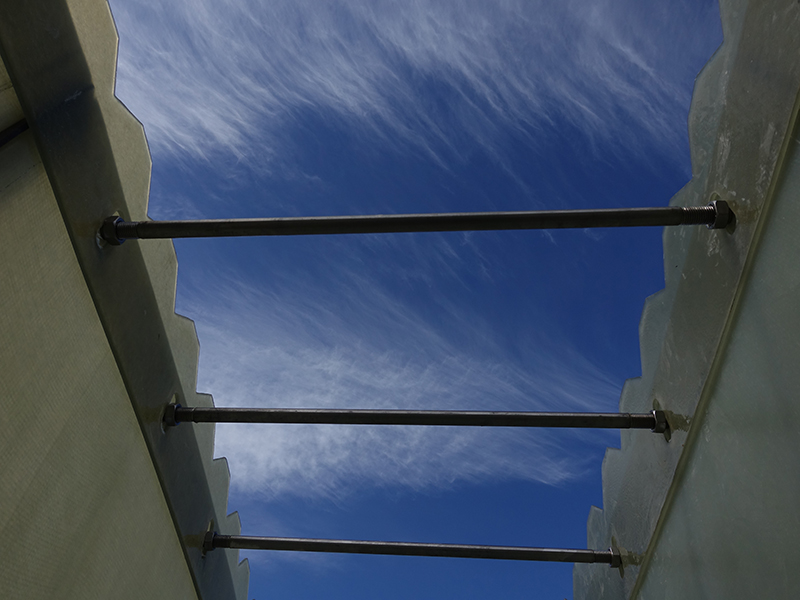
-
 Afrikaans
Afrikaans -
 Albanian
Albanian -
 Amharic
Amharic -
 Arabic
Arabic -
 Armenian
Armenian -
 Azerbaijani
Azerbaijani -
 Basque
Basque -
 Belarusian
Belarusian -
 Bengali
Bengali -
 Bosnian
Bosnian -
 Bulgarian
Bulgarian -
 Catalan
Catalan -
 Cebuano
Cebuano -
 China
China -
 China (Taiwan)
China (Taiwan) -
 Corsican
Corsican -
 Croatian
Croatian -
 Czech
Czech -
 Danish
Danish -
 Dutch
Dutch -
 English
English -
 Esperanto
Esperanto -
 Estonian
Estonian -
 Finnish
Finnish -
 French
French -
 Frisian
Frisian -
 Galician
Galician -
 Georgian
Georgian -
 German
German -
 Greek
Greek -
 Gujarati
Gujarati -
 Haitian Creole
Haitian Creole -
 hausa
hausa -
 hawaiian
hawaiian -
 Hebrew
Hebrew -
 Hindi
Hindi -
 Miao
Miao -
 Hungarian
Hungarian -
 Icelandic
Icelandic -
 igbo
igbo -
 Indonesian
Indonesian -
 irish
irish -
 Italian
Italian -
 Japanese
Japanese -
 Javanese
Javanese -
 Kannada
Kannada -
 kazakh
kazakh -
 Khmer
Khmer -
 Rwandese
Rwandese -
 Korean
Korean -
 Kurdish
Kurdish -
 Kyrgyz
Kyrgyz -
 Lao
Lao -
 Latin
Latin -
 Latvian
Latvian -
 Lithuanian
Lithuanian -
 Luxembourgish
Luxembourgish -
 Macedonian
Macedonian -
 Malgashi
Malgashi -
 Malay
Malay -
 Malayalam
Malayalam -
 Maltese
Maltese -
 Maori
Maori -
 Marathi
Marathi -
 Mongolian
Mongolian -
 Myanmar
Myanmar -
 Nepali
Nepali -
 Norwegian
Norwegian -
 Norwegian
Norwegian -
 Occitan
Occitan -
 Pashto
Pashto -
 Persian
Persian -
 Polish
Polish -
 Portuguese
Portuguese -
 Punjabi
Punjabi -
 Romanian
Romanian -
 Russian
Russian -
 Samoan
Samoan -
 Scottish Gaelic
Scottish Gaelic -
 Serbian
Serbian -
 Sesotho
Sesotho -
 Shona
Shona -
 Sindhi
Sindhi -
 Sinhala
Sinhala -
 Slovak
Slovak -
 Slovenian
Slovenian -
 Somali
Somali -
 Spanish
Spanish -
 Sundanese
Sundanese -
 Swahili
Swahili -
 Swedish
Swedish -
 Tagalog
Tagalog -
 Tajik
Tajik -
 Tamil
Tamil -
 Tatar
Tatar -
 Telugu
Telugu -
 Thai
Thai -
 Turkish
Turkish -
 Turkmen
Turkmen -
 Ukrainian
Ukrainian -
 Urdu
Urdu -
 Uighur
Uighur -
 Uzbek
Uzbek -
 Vietnamese
Vietnamese -
 Welsh
Welsh -
 Bantu
Bantu -
 Yiddish
Yiddish -
 Yoruba
Yoruba -
 Zulu
Zulu
cpvc frp pipe
The Benefits and Applications of CPVC FRP Pipes
Chlorinated Polyvinyl Chloride (CPVC) reinforced with Fiberglass Reinforced Plastic (FRP) pipes have gained significant attention in various industries due to their unique properties and advantages. These composite pipes offer a versatile solution for a wide range of applications, particularly in corrosive environments where traditional metal and plastic pipes fail to perform reliably.
CPVC is known for its excellent resistance to high temperatures and chemicals. When reinforced with FRP, the resulting composite pipe not only retains the beneficial properties of CPVC but also gains additional strength and durability. This combination makes CPVC FRP pipes ideal for transporting aggressive chemicals, corrosive liquids, and hot water, all while maintaining structural integrity over extended periods.
One of the primary advantages of CPVC FRP pipes is their resistance to corrosion. Unlike metal pipes, which can rust and degrade over time, CPVC FRP pipes resist damage from a vast array of corrosive substances, including acids, alkalis, and salts. This corrosion resistance significantly reduces maintenance costs and prolongs the lifespan of piping systems, making them a cost-effective solution for industries such as chemical processing, pharmaceuticals, and water treatment.
Another essential feature of CPVC FRP pipes is their lightweight nature. Compared to traditional metal pipes, these composite pipes are much lighter, which simplifies handling and installation. This weight reduction also contributes to lower transportation costs and easier manipulation during construction projects. The lightweight property makes them particularly advantageous for complex installations and projects in difficult-to-reach locations.
cpvc frp pipe

Moreover, CPVC FRP pipes exhibit excellent thermal insulation properties. The low thermal conductivity of CPVC, combined with the insulating properties of fiberglass, ensures that the temperature of the fluids transported is maintained, reducing heat loss or gain. This characteristic is especially valuable in applications involving hot or chilled liquids, where maintaining a specific temperature is crucial for process efficiency.
The flexibility offered by CPVC FRP pipes is another appealing feature. These pipes can be easily fabricated into various shapes and sizes, allowing for customized installations that meet specific project requirements. Additionally, their flexibility can help to absorb vibrations and shifts in the ground, making them suitable for use in seismic zones or areas prone to ground movement.
In terms of environmental impact, CPVC FRP pipes are a preferable choice. Being made from non-toxic materials, they do not leach harmful substances into the environment, which is particularly important in water transportation applications. Furthermore, the extended lifespan of these pipes leads to less frequent replacements, contributing to reduced waste and a lower carbon footprint.
In summary, CPVC FRP pipes stand out as a superior choice for various industrial applications. Their unique combination of corrosion resistance, lightweight nature, excellent thermal insulation, flexibility, and environmental safety makes them an ideal solution for the challenges faced in modern piping systems. As industries continue to seek advanced materials that offer durability and cost efficiency, the adoption of CPVC FRP pipes is likely to rise, reinforcing their importance in the field of engineering and construction. Whether in chemical plants, wastewater treatment facilities, or food production, CPVC FRP pipes are poised to play a vital role in advancing piping technologies for the future.
Latest news
-
Exploring the Benefits of Top Hammer Drifter Rods for Enhanced Drilling PerformanceNewsJun.10,2025
-
High-Precision Fiberglass Winding Machine for GRP/FRP Pipe Production – Reliable & Efficient SolutionsNewsJun.10,2025
-
FRP Pipes & Fittings for Shipbuilding - Corrosion-Resistant & LightweightNewsJun.09,2025
-
Premium FRP Flooring Solutions Durable & Slip-ResistantNewsJun.09,2025
-
Premium Fiberglass Rectangular Tanks Durable & Lightweight SolutionNewsJun.09,2025
-
Tapered Drill String Design Guide Durable Performance & UsesNewsJun.09,2025









